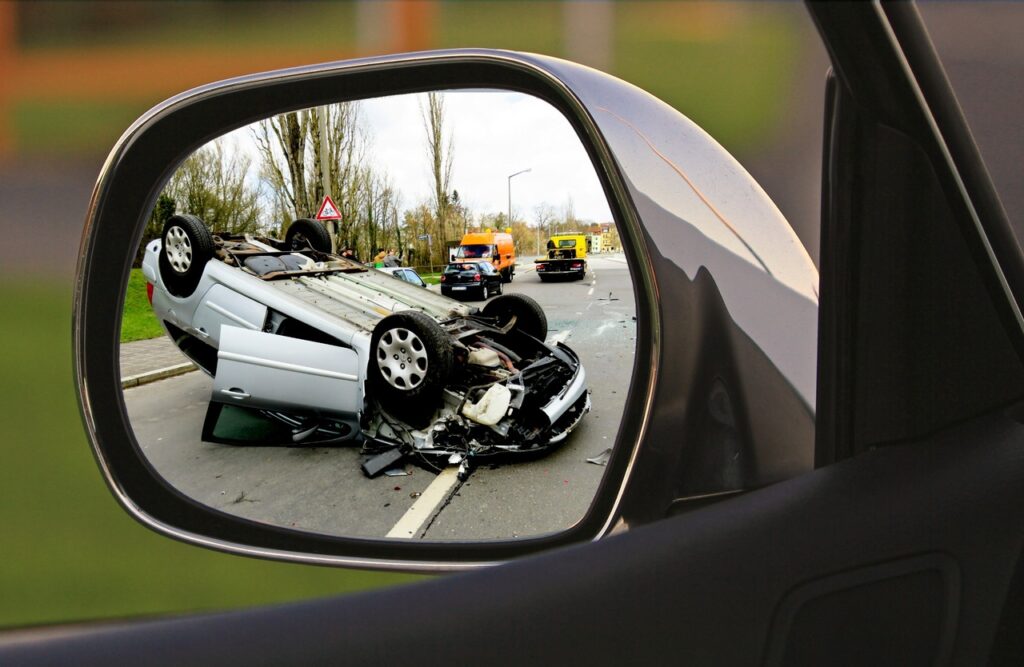Now Reading: Here’s Why PIP Does Not Cover All Your Losses in Florida
-
01
Here’s Why PIP Does Not Cover All Your Losses in Florida

Here’s Why PIP Does Not Cover All Your Losses in Florida
If you are a Florida driver, you are likely aware of the Personal Injury Protection (PIP) insurance coverage. PIP is designed to help drivers and their passengers injured in accidents. However, this coverage has some critical limitations.
PIP coverage is required for all drivers in Florida. This insurance provides medical and death benefits, regardless of who is at fault for the accident. However, it does not cover other areas, like your own property damage. Still, in many cases, PIP will be the only source of compensation after an accident.
PIP Does Not Cover Property Damage
If your car is damaged in an accident, you will need to file a separate claim with your own insurance company or the at-fault driver’s insurance company to get compensation for repairs.
Even if you have PIP coverage, it may not be enough to cover your losses after an accident fully. When you’ve been injured in a car accident in Florida, you will need a local attorney to help you understand your rights and options and get compensation.
PIP Has a Limited Payout for Certain Types of Injuries
PIP will only pay up to $10,000 for medical expenses, no matter how serious your injuries are. If your medical bills exceed this amount, you will be responsible for paying the difference out of pocket.
In addition, PIP only covers 60% of lost wages if you cannot work due to your injuries. If you cannot return to work or take a lower-paying job because of your accident-related injuries, you could lose a significant amount of income.
It is important to mention that the extent of PIP benefits also matters on the type of coverage you have. If you have the minimum required plan, you may access fewer benefits.
If you’ve been involved in a car accident in Fort Lauderdale, FL, you need an attorney from Anidjar Levine. A lawyer can help you explore all the venues available to you for receiving benefits after a crash.
PIP Does Not Cover Pain and Suffering
PIP will only pay for economic losses, such as medical bills and lost wages. It does not compensate for non-economic damages, such as pain and suffering. To recover damages for pain and suffering, you must file a personal injury lawsuit against the at-fault driver.
For example, if you’ve been in a severe car accident that has left you with permanent injuries, you may be entitled to significant compensation for your pain and suffering.
PIP Has a Limited Period for Filing Claims
You must file a PIP claim within 14 days of the accident or lose your right to recover. If you wait too long to seek medical treatment, your insurance company may deny your claim arguing that your injuries are unrelated to the accident.
For example, if you wait a week to see a doctor after a crash and later discover that you have a pre-existing condition, your insurance company may deny your claim.
PIP Coverage Is Not Mandatory in Every State
While minimum PIP is required for all drivers in Florida, it is not mandatory in every state. If you live in or are visiting a state that does not require PIP coverage, you will not be able to rely on this insurance if you’re involved in an accident.
For example, suppose you’re in a car accident while vacationing in another state. In that case, you will need to file a claim with your own insurance company or the at-fault driver’s insurance company to get compensation.
PIP Has Some Other Important Limitations
In addition to the limitations discussed above, PIP also has a deductible that must be paid before benefits are available. The deductible amount varies depending on the insurance company.
PIP also only covers expenses incurred within three years of the date of the accident. If you have ongoing medical treatment or need long-term care due to your injuries, you may have to pay for these expenses out of pocket.
Final Thoughts
PIP is a required form of insurance in Florida, but it has several noteworthy limitations. If you’ve been involved in a car accident in Fort Lauderdale, you need an attorney to help you understand your rights and options and fight for the compensation you deserve.










